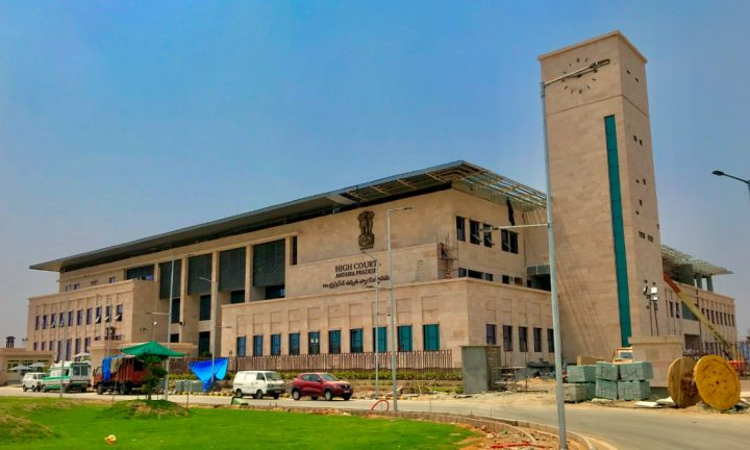"Violation Of Article 26(d)" : High Court Stops AP Govt From Taking Over Ahobilam Mutt Temple
LIVELAW NEWS NETWORK
15 Oct 2022 2:52 PM IST

Next Story
15 Oct 2022 2:52 PM IST
The Andhra Pradesh High Court has held that the State's decision to appoint an 'Executive Officer' to control and manage the affairs of Ahobilam Temple in Kurnool is violative of Article 26(d) of the Constitution and affects the Mathadipathis' right of administration. The division bench of Chief Justice Prashant Kumar Mishra and Justice DVSS Somayajulu made it clear that the Temple is...
